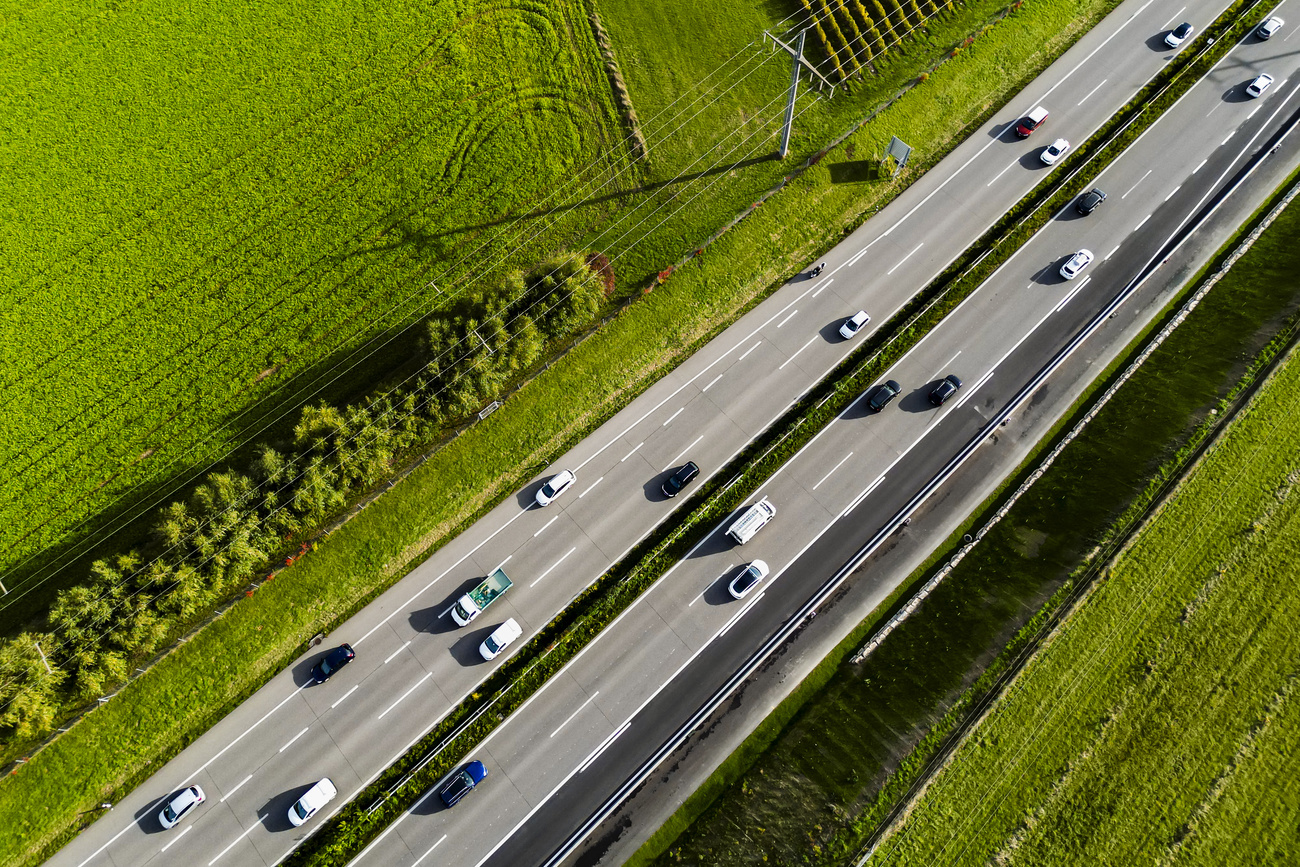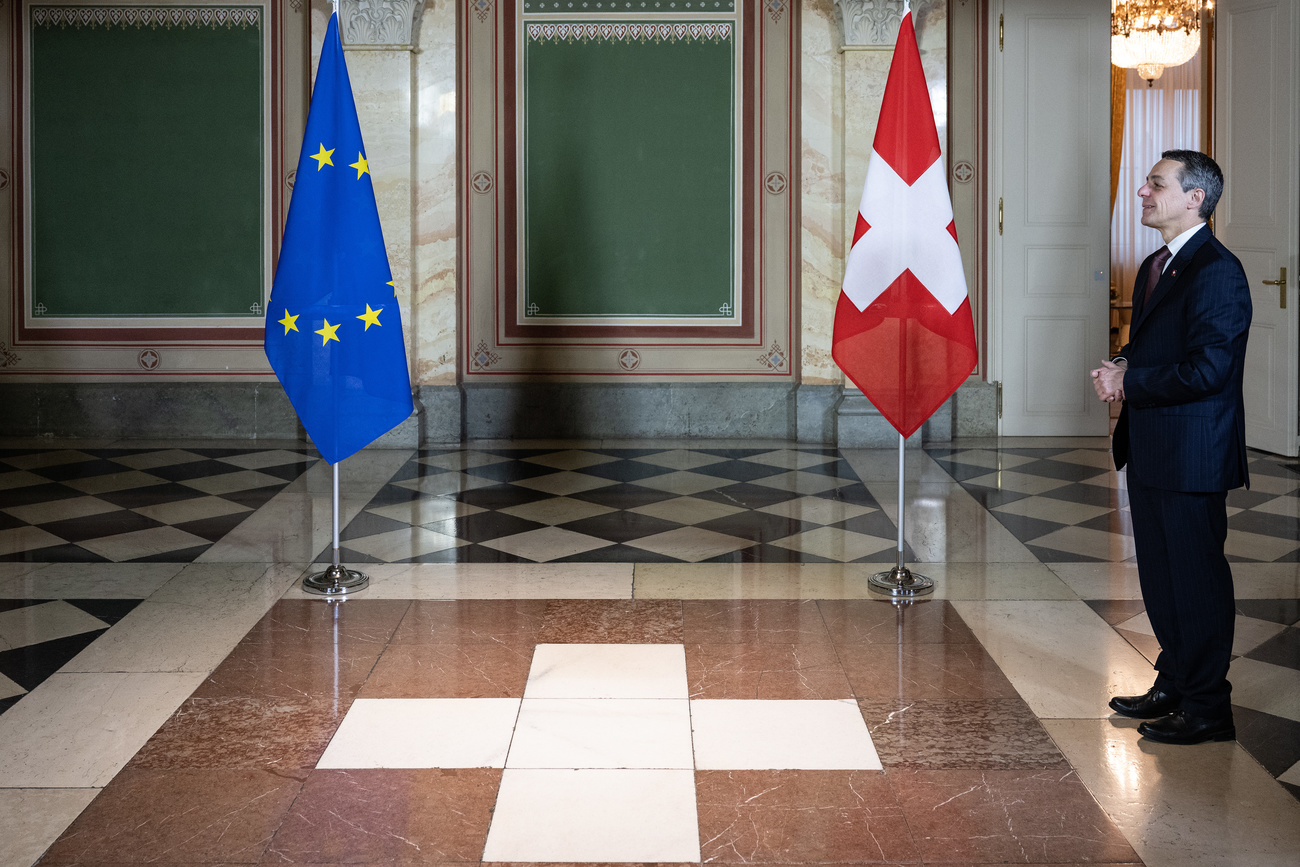

Switzerland Today
Dear Swiss Abroad
Swiss politicians are being too careless with their data. Sensitive personal information about them has ended up on the darknet – including passwords – partly due to the use of official email addresses for personal affairs.
Meanwhile, the federal government is planning to restrict special protection status for Ukrainian refugees, following a model similar to Norway’s.
I wish you an informative read.

Sensitive data belonging to Swiss politicians has surfaced on the darknet – in some cases, linked to questionable use of official email addresses, according to the Tages-Anzeiger and others.
A joint investigation by Swiss tech company Proton and US firm Constella Intelligence found that around 16% of federal politicians’ personal information has been exposed online, including 44 email accounts and 78 passwords – some unencrypted. These leaks reportedly stem from platforms such as LinkedIn or even dating and erotic sites, with some users using their official parliamentary email addresses.
Proton has not disclosed names but affected individuals have been informed.
Such misuse of official emails carries serious risks: blackmail, reputational damage and potential access to other systems via reused passwords. According to the Tages-Anzeiger, parliamentary services said no official accounts were directly compromised.
Cybersecurity expert Nicolas Mayencourt is calling for a binding code of conduct for politicians, saying security awareness remains too low. He emphasises that tools like password managers, two-factor authentication and clear digital behaviour guidelines can help.
Cybercrime has surged since the Covid-19 pandemic. If cybercriminals were an economy, Mayencourt says, they would rank as the third largest globally.

Switzerland is tightening its criteria for granting protection status S to Ukrainian refugees.
As decided by Parliament in December, in future, only those whose last place of residence was in areas occupied or directly affected by hostilities will qualify.
The government is now preparing to implement this policy and is drawing on Norway’s model, according to Swiss public broadcaster, SRF. Like Norway, Switzerland is expected to classify Ukrainian regions as safe or unsafe, with possible adjustments around the capital, Kyiv.
According to the State Secretariat for Migration (SEM), around one-third of Ukrainian refugees currently in Switzerland would no longer qualify for protection status under the new criteria.
The Swiss People’s Party welcomed the move, calling it overdue – and has gone further by proposing to abolish protection status S entirely.
Criticism has come from Swiss Refugee Aid, which warns that the fast-changing security situation in Ukraine could lead to legal uncertainty and unequal treatment in repatriation or asylum processes.

Last November, Swiss voters rejected the proposed motorway expansion with 52.7% voting against it. An audit has now uncovered inconsistencies in data.
An audit by the Swiss Federal Audit Office (SFAO) has now uncovered inconsistencies in the project’s final cost estimates – particularly for the only planned expansion in French-speaking Switzerland.
The project, between Le Vengeron and Nyon, had cost estimates ranging from CHF956 million ($1.18 billion) coming from the Swiss federal government to CHF981 million in its estimate to the Parliament. The discrepancy is attributed to non-transparent internal procedures at the Federal Roads Office (FEDRO) and weak cost forecasting.
Critics had already raised concerns about the figures prior to the vote. They now feel vindicated by the audit, which underlines the importance of reliable, coherent figures – especially for politically sensitive referendums.
The SFAO is recommending systematic cost reviews at all levels. FEDRO has accepted the recommendation.

Swiss Foreign Minister Ignazio Cassis and EU Commissioner Maros Sefcovic have signed a joint declaration in Brussels that outlines how Switzerland and the EU will cooperate from the end of 2024 until the new bilateral agreement is ratified.
The declaration includes interim arrangements in key areas such as research, energy, health and transport. Notably, Swiss researchers will regain retroactive access to EU programmes such as Horizon Europe from January 2025.
Other provisions include closer collaboration on grid stability, health protection and participation in the EU Railway Agency. Talks on financial market regulation will also continue.
The bilateral agreements themselves are expected to be signed in early 2026, with the Swiss federal government due to present a draft proposal to Parliament in the first quarter of that year.
Translated from German using DeepL/amva

In compliance with the JTI standards
More: SWI swissinfo.ch certified by the Journalism Trust Initiative




























